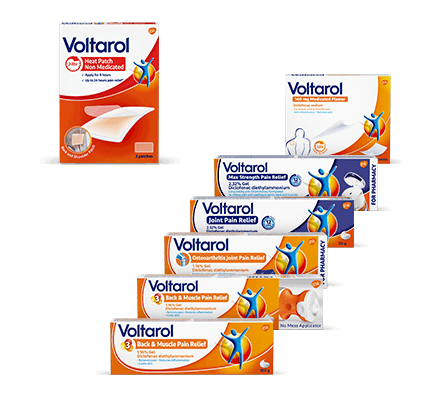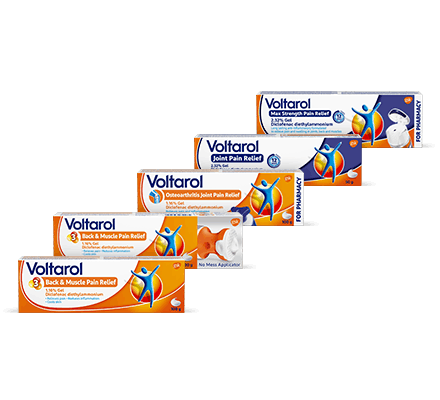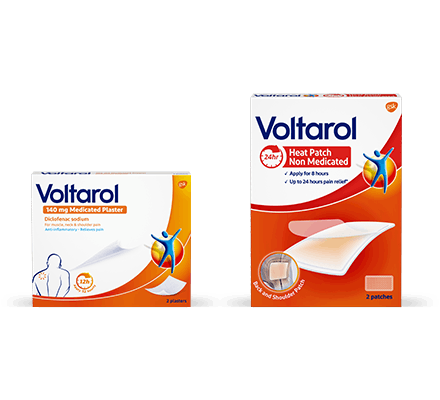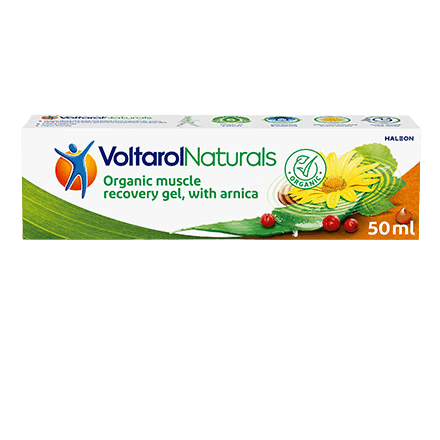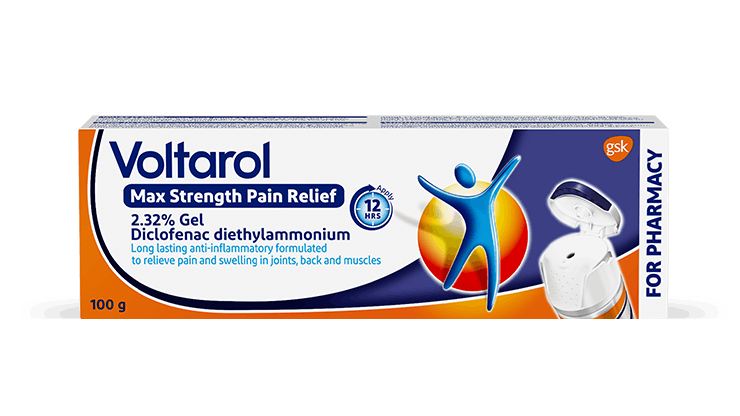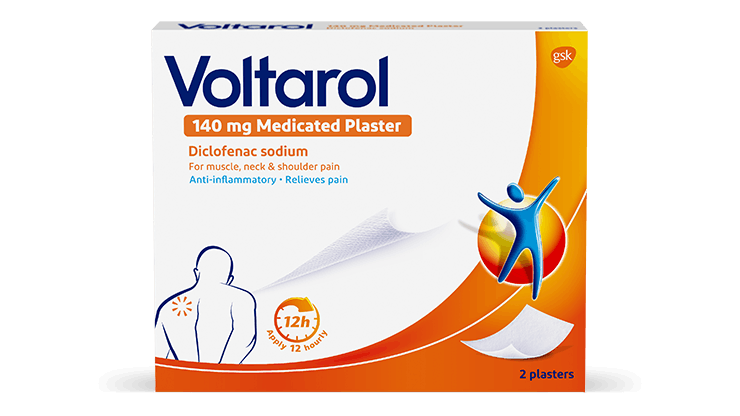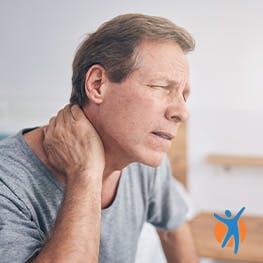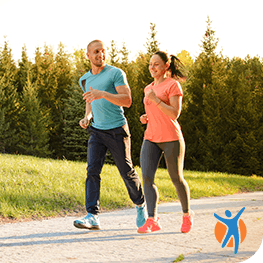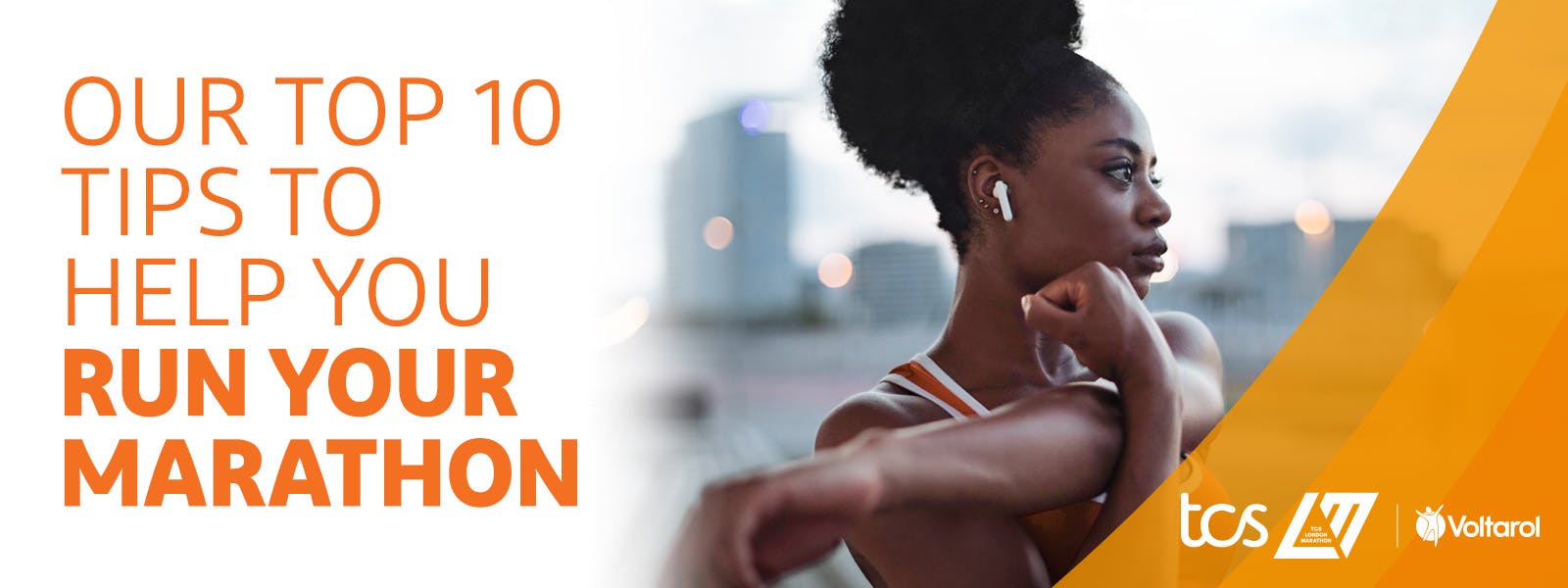
Top 10 running tips Post/During/Pre Marathon

SHARE THIS ARTICLE:
Welcome to our exploration of marathon training, covering the essential phases of Pre, During and Post effort. Whether you're a seasoned athlete or a first-time marathoner, this article is designed to be your companion throughout your entire marathon journey. We delve into the intricacies of pre-marathon training, providing insights into building stamina and endurance. Moving on to the race day, discover tips and techniques to navigate the challenges and maximise your performance during those crucial miles. Finally, we guide you through the post-marathon phase, ensuring a proper recovery help you in peak condition for future endeavours. Get ready to embrace the marathon experience with confidence and knowledge, as we guide you every step of the way.
1. Set Achievable Goals:
Establish realistic goals considering your fitness level. Gradually increase distances, keeping the bigger picture in mind.2. Follow a Structured Plan:
Stick to a balanced training plan, mixing long runs, walking, speed work, and rest days. Consistency is key.3. Prioritise Long Runs:
Gradually increase long run distances to build endurance. Simulate race conditions to mentally prepare.4. Cross-Training:
Cross training can help improve your cardiovascular and muscular endurance.5. Pay Attention to Nutrition:
Have a balanced diet with a mix of good foods (protein, carbohydrates & healthy fats). Also, practice your raceday eating during long runs.
6. Invest in Quality Running Shoes:
Visit a specialist store for well-fitted running shoes. Comfortable footwear is crucial to prevent injuries.7. Practice Pacing:
Running the right pace in a marathon is critical to a successful finish. Pacing is the idea of introducing a controlled moderation to your race.8. Consult GP Doctor (Especially for First-timers):
Before starting any marathon training, consult your GP, especially if it's your first time. Ensure your health is suitable for such physical exertion.9. Prioritise Recovery:
Listen to your body, incorporate rest days, and embrace recovery practices to avoid burnout and injuries.10. Stay Mentally Tough:
Develop mental resilience through positive self-talk. Break the race into smaller goals and celebrate achievements during training.

1. Pacing Strategy:
Use your experience of pacing during training to pace during the race.2. Hydration Plan:
Develop a hydration strategy. Use aid stations wisely and carry a water bottle if needed.3. Fueling Strategy:
Plan your nutrition with energy gels or snacks to maintain consistent energy levels throughout the race.4. Body Awareness:
Listen to your body. Adjust your pace or take short walking breaks if you feel discomfort or fatigue.5. Positive Mental Attitude:
Keep a positive mindset. Focus on the present, celebrate small achievements, and visualise success.
6. Milestone Celebrations:
Break down the distance by celebrating reaching each mile marker. It provides a mental boost.7. Clothing and Gear Check:
Ensure your clothing and gear are comfortable. Avoid trying new equipment on race day.8. Social Support:
Connect with fellow runners. Encouragement and camaraderie can make the race more enjoyable.9. Mindful Breathing:
Incorporate deep, rhythmic breathing to manage stress and maintain a steady pace.10. Posture Check:
Maintain an upright position. Posture during running is discussed widely in relation to running form.
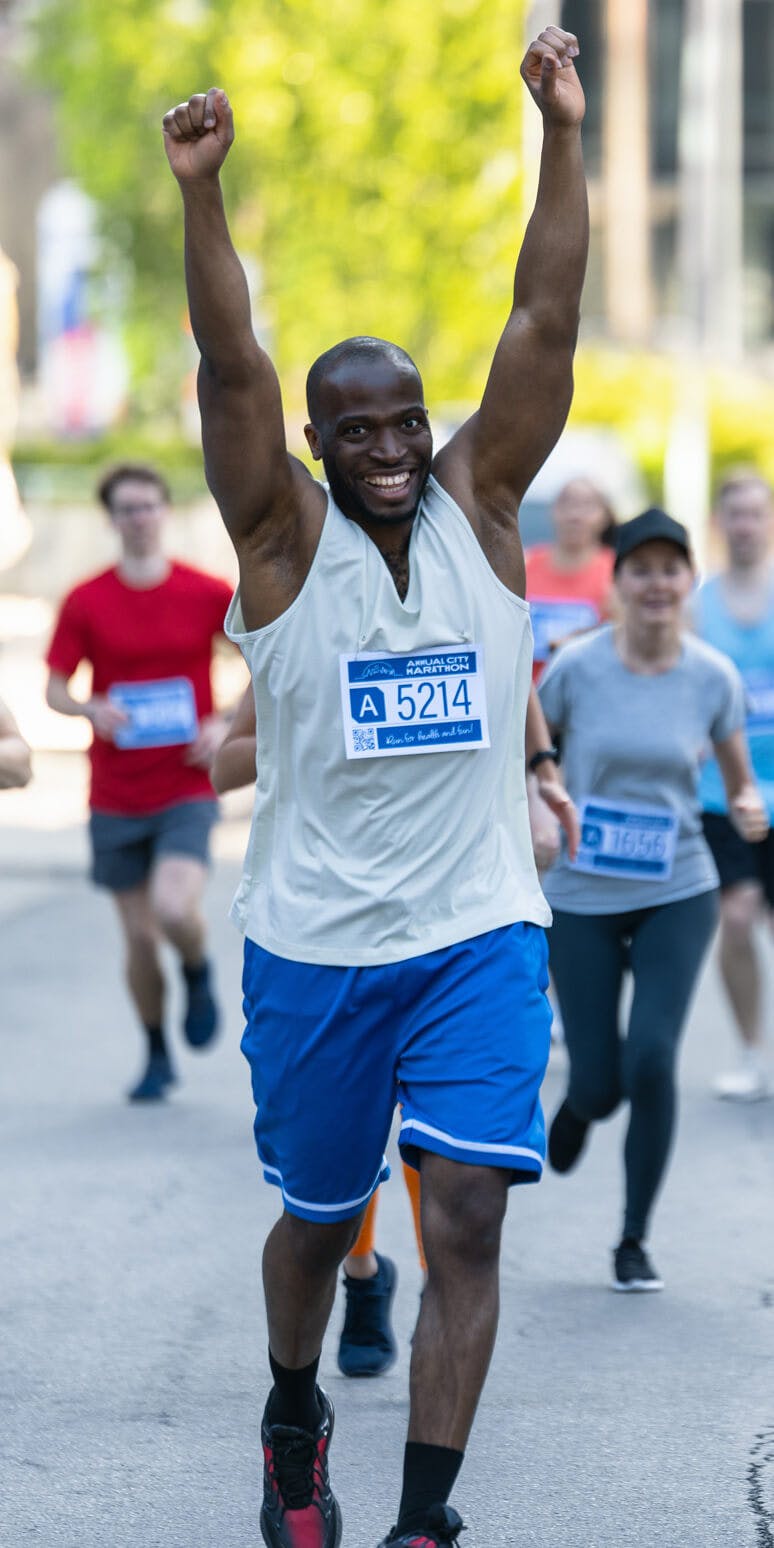
1. Rehydrate and Refuel:
Drink water to rehydrate and replenish lost fluids. Eat a balanced meal with carbs and proteins to refuel and support muscle recovery after the race. (7&8)2. Cool Down Routine:
Engage in a gentle cool down, including walking and light stretching, to aid recovery.3. Foam Rolling or Massage:
Use foam rollers or consider a post-race massage to help alleviate muscle soreness and tightness.4. Rest and Relaxation:
Prioritise rest in the days following the marathon. Allow your body time to recover.5. Listen to Your Body:
Pay attention to any signs of fatigue, soreness, or injury. Allow yourself adequate rest and recovery time, and don't hesitate to seek professional medical advice if needed.
6. Reflect on Performance:
Evaluate your marathon experience. Consider what worked well and areas for improvement.7. Socialize and Celebrate:
Share your accomplishment with friends and family. Celebrate your achievement.8. Incorporate Light Activity:
Include gentle activities like walking or swimming in the days following the marathon to aid recovery.9. Sleep Quality:
Ensure you get sufficient, quality sleep. It is crucial for muscle repair and overall recovery.10. Future Planning:
Set future running goals and plan your recovery strategy for upcoming races.
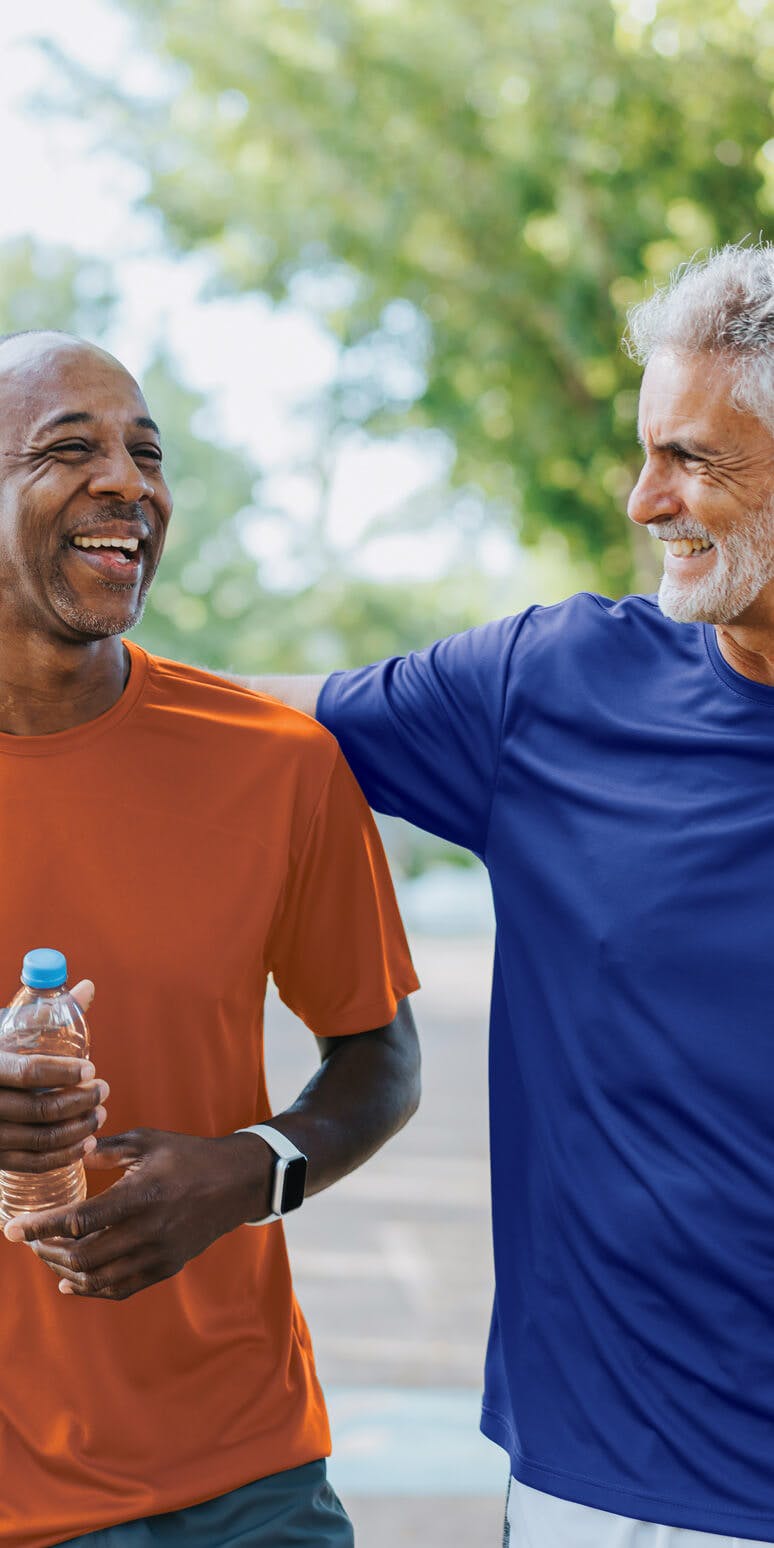
Explore Voltarol products for pain relief

SHARE THIS ARTICLE:
Health, wellness & your pain
Pain is rarely just physical nor is it always solved by taking medicine alone. Voltarol is your ally in helping you take more control of your pain journey, from the way to sleep, to what you eat, mental wellbeing and complementary pain relief therapies.


